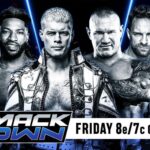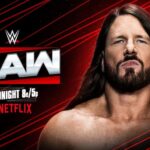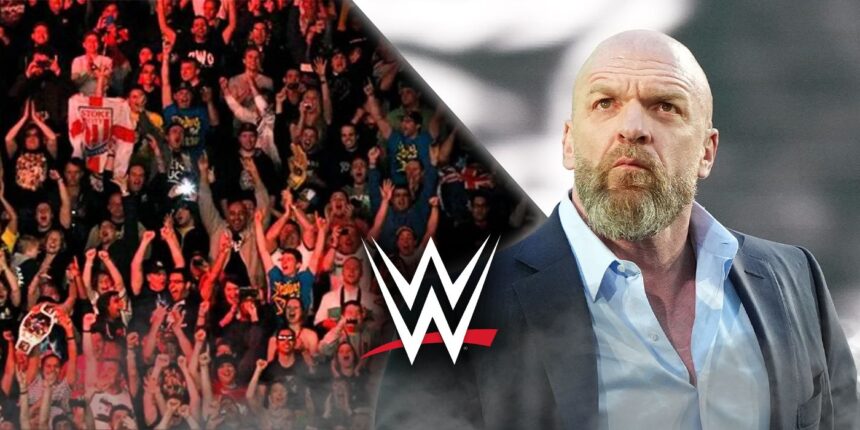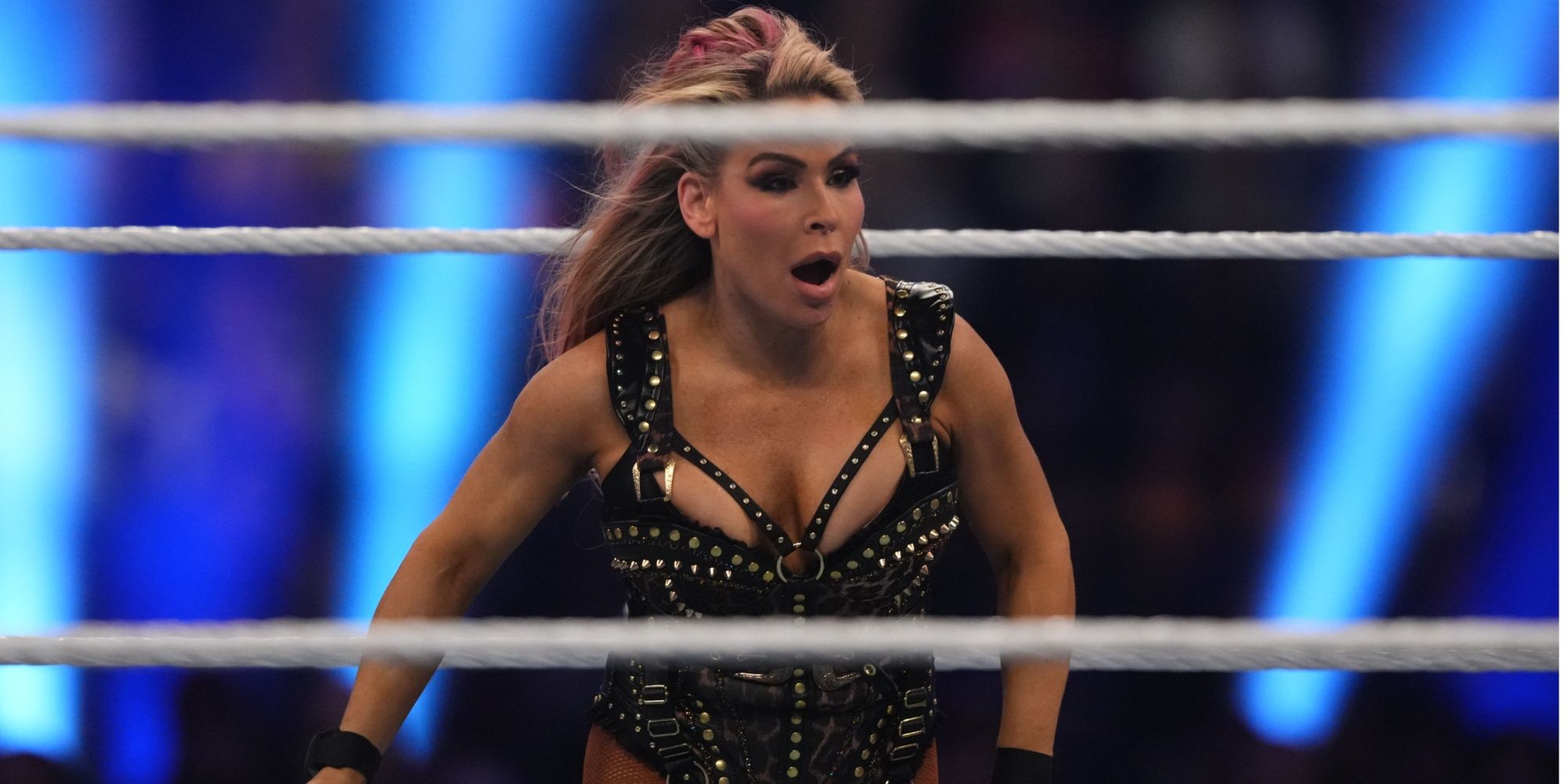The latest report suggests that WWEThe strategy of less house shows with high ticket prices for live events can stay here. This approach makes sense on multiple levels. Being on the road itself spends quite a bit of money booking for talent, transporting equipment, and adjusting travel. If WWE can make a profit and make a profit with more bills on tickets, fans will prove willing to pay a higher price (although I’m reluctant to that, promotions like AEW are ready to get the advantage). There is also the added benefit of talent facing a rather tight schedule. This also provides more time at home with your loved ones, along with less wear and tear from extra collisions on the road.
Despite the obvious advantages of this model, there are several drawbacks. In fact, in search of wisdom from the past few years, WWE may gamble with its own future, unintentionally embracing the philosophy of hosting fewer live events.
Legends learned their craft on the road
There is no alternative to a wrestler getting a rep
- Education for many young wrestlers can occur on the road.
- Triple H chose WWE over WCW with the aim of honing his craft through a more intense house show schedule.
- Traveling the roads is a unique platform for learning from veterans.
I tend to read memoirs of wrestling legends and have a common thread coming up. In fact, there is the near-universal concept that wrestlers only get better after a match and get a rep after the match. As a concrete example, Triple H was referenced in him Your kingdom will come Because he wrestled more dates, the documentary he explicitly chose WWE over WCW realized that it was the only way he could be great.
In addition to wrestling, there is the problem of traveling between towns as a promising wrestler. Countless old timers have accumulated business wisdom by listening to veterans in cars, airports and hotel rooms. That dynamic won’t go away completely, but a massive reduction in time on the road all inevitably means less exposure to experienced voices and less organic opportunities for long conversations.
House Show is a platform for experiments
Less eyes make you more likely to take creative risks
- What happens at the House Show doesn’t tend to live in WWE lore.
- They could be less important because they can’t forget the house show, but it also opens up a low stakes chance where you can try something different.
- New moves, new gimmicks, heel turns, or even changes to the phantom title are available at the house show table.
As Chris Jericho wrote True Stories of WrestleMania The moments that occur in the documentary WrestleMania are immortal. Because they are looking most at them in what is expected to be the most important show of the year. People remember what happens. It happens to a slightly lesser extent than in other plays than in Raw or Smackdown episodes.
What happens at a house show is usually forgotten. There are ways to cut down the house show matches and promotions. Because they are no longer seen and undocumented, and can even be considered “non-slight” if they do not fully consider or fork the TV story. Heck, the results of several house shows led to changes in the title of the Phantom. Everything has a positive aspect to it, as House Show offers an opportunity to experiment.
Trying out the outdoor movement at Wrestlemania risks embarrassing consequences that will continue to live out in the notoriety, like Brock Lesnar’s failed shooting star press in 2003. That’s not to say that wrestlers can’t take creative risks on television, but with high interests and time for television, ideas that actually fall outside the box may be far less likely to see the sunlight without many house shows.
WWE can replicate some of the things that are losing in TNA
WWE loosened the hinge on the forbidden door
- By trading TNA-NXT crossovers and allowing more talent to work outside the WWE Ring, it provided an opportunity to make up for what was lost at the House Show.
- House Show offers a unique format for tweaking the behavior of wrestlers.
- Short-term business benefits can put long-term talent development at risk.
To be fair, there is an opportunity to replicate some of what WWE loses without a house show by other means. Last year, a formal relationship with TNA was shaped, allowing NXT’s talent, particularly to appear in different brands with different slates of enemies, in front of different viewers. WWE has also shown greater willingness in recent years to wrestletter talent in other promotions, such as Natalia, who appears in Josh Burnett’s Bloodsports, and Nakamurajima, who wrestles the great Muta for Noah, pro wrestling. In addition to that, WWE has even more welcomed outside talent, particularly for its appearances in the Royal Rumble. Each of these ventures allows WWE talent to break out of the strict parameters of WWE programming and do more work despite the lost opportunities for house shows.
However, as long as the situation at hand is a one-off situation or is tied to a very specific relationship, they are not going to set talent for the same kind of opportunity as going from town to town. Yes, this move clearly has short-term business implications. But in the long run, it may have really hurt the ability to grow into the attention role of new talent.














